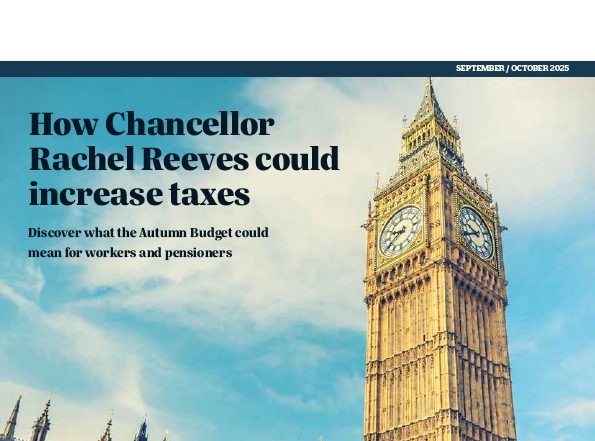
In the recent Autumn Statement, Chancellor Jeremy Hunt outlined a host of new measures designed to stimulate economic growth and ease the financial burdens on individuals and businesses. Here are the key points at a glance:
National Insurance Changes
In a significant move, the Chancellor announced a reduction in employee national insurance from 12% to 10%, effective from 6th January 2024. This measure is expected to provide some relief to workers across the country.
In addition, there was positive news for the self-employed with the abolition of Class Two National Insurance and a cut in Class Four National Insurance to 8%. Hunt estimates this will result in annual savings of approximately £350 for two million self-employed individuals.
Universal Credit Increase
In response to the rising cost of living, the Government has opted to increase universal credit in line with September’s inflation rate of 6.7%. This measure aims to provide financial assistance to those most vulnerable.
Business Rates Adjustments
The Autumn Statement also addressed business rates. The standard multiplier for rates on high-value properties will rise in line with inflation, while the small business multiplier will remain frozen for another year. Furthermore, the 75% rates discount for retail, hospitality and leisure sectors will be extended for an additional year, offering much-needed support to these industries.
Pension Enhancements
Pensions weren’t left out of the equation either. The State Pension will see an increase of 8.5%, in line with average earnings, raising it to £221.20 per week from April 2024, (£169.50 for the full old Basic State Pension). This maintains the “triple-lock” policy, ensuring that pensioners receive the highest amount from either average earnings growth, Consumer Price Index (CPI) inflation or 2.5%.
In an interesting development, savers may soon have the choice to select the pension scheme their employer contributes to, similar to practices in countries like Australia. This proposal is currently under consultation. The Chancellor also announced a £320 million plan aimed at unlocking pension fund investment for technology and science schemes.
Minimum Wage Increase
Finally, the national living wage will see a substantial increase of £1.02 per hour, bringing it up to £11.44 per hour from April 2024. In a landmark move, this policy will now cover workers aged 21 and over, rather than the previous threshold of 23 years and over, thereby benefiting a wider demographic of the workforce.
Overall, the Autumn Statement brought a raft of changes designed to boost the economy and support individuals and businesses alike. The full impact of these measures will become clearer in the months ahead.
Contact Us Form
Please complete this form if you wish to send us your questions or if you would like to request a call back.
We look forward to speaking with you.
Recent GWM articles that may be of interest
Government considers Inheritance Tax reforms
Tightening gift-giving regulations is among the measures being considered The UK Treasury is seeking further [...]
Smart Money September / October 2025
Smart Money September / October 2025 Welcome to the September / October 2025 edition of [...]
Who will inherit your pension?
Understanding the importance of nominating a beneficiary A new study reveals a startling insight. As [...]
Two-thirds of UK adults are concerned about affording care in later life
Rising costs, independence, and the necessity for proactive financial planning Recent data highlights a growing [...]
Thinking of retiring overseas?
Understanding the impact of a frozen state pension on your retirement income Retiring abroad may [...]
Setting investment goals and timescales
How to clarify your path to financial success Establishing clear investment goals is essential for [...]







